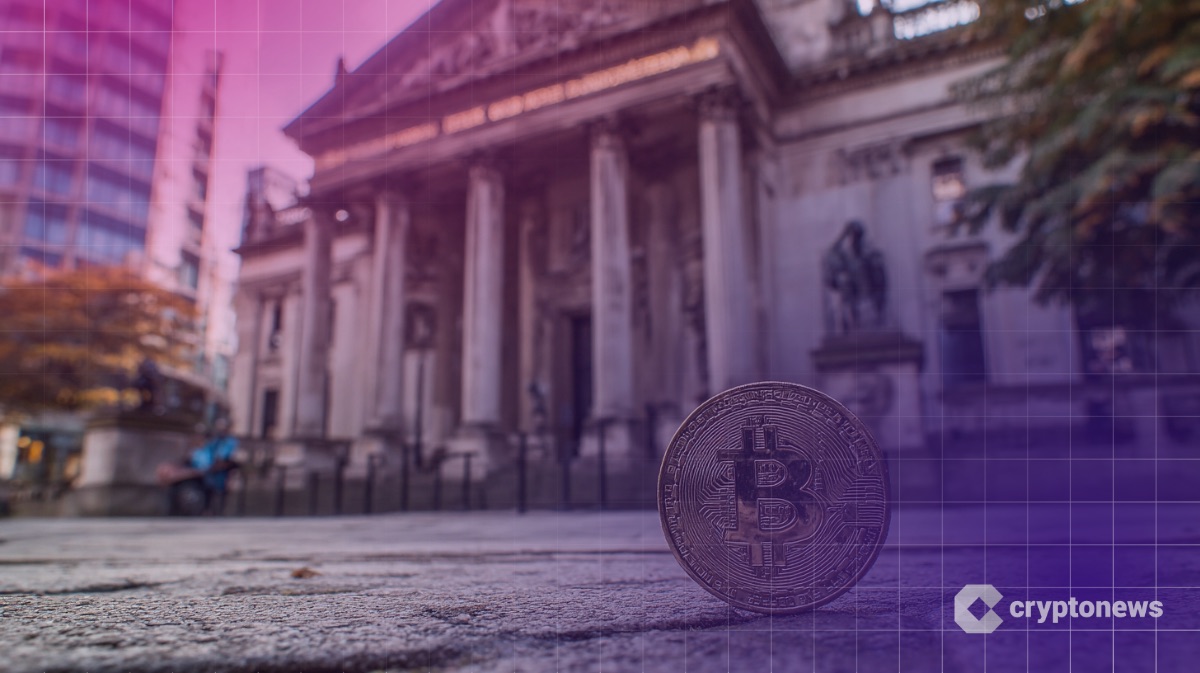Bitcoin supply is meaningless, Peter Schiff says: This is what counts
Gold advocate Peter Schiff has dismissed Bitcoin’s 21 million supply cap as an arbitrary construct, arguing that the cryptocurrency’s perceived scarcity is an illusion.
The longtime Bitcoin (BTC) critic suggested that changing the denomination from 21 million coins to 21 billion wouldn’t affect the underlying economics.
“What if Bitcoin’s supply was 21B instead of 21M? Redefining each BTC as 100K satoshis (not 100M) keeps the satoshi supply the same. Would it still feel scarce?” Schiff posted on X. The supply of Bitcoin is “actually meaningless,” he says, adding: “It’s the satoshi supply that counts.”
Scarcity perception versus reality debate
Bitcoin’s scarcity stems from perception rather than fundamental limitations, Schiff says. The 100 million satoshi subdivision per Bitcoin creates an arbitrary psychological framework that influences investor behavior.
The economist suggested that redenominating Bitcoin to show 21 billion total units instead of 21 million would expose the artificial nature of the scarcity narrative. His argument targets the mathematical basis for Bitcoin’s store-of-value proposition.
When confronted about Bitcoin’s recent price performance relative to gold, Schiff dismissed the comparison by noting that “gold has taken a temporary pause. Meanwhile silver is beating Bitcoin. I own silver too.”
Bitcoin is classified as a risk asset
Schiff categorized Bitcoin as a risk asset that rallies alongside technology stocks rather than functioning as a safe haven. He pointed to NVIDIA hitting record highs and the QQQ ETF trading near all-time highs as evidence of Bitcoin’s correlation with speculative investments.
“CNBC is once again touting Bitcoin’s recent outperformance of gold. But Bitcoin is a risk asset — it rallied with tech stocks,” Schiff wrote. He argued that gold’s sideways trading shows its safe-haven status during risk-on market conditions.
The economist highlighted silver’s approach to $38 per ounce, reaching the highest level since March 2012. He also noted that precious metals mining stocks remain subdued because “investors are being distracted by Bitcoin.”
You May Also Like

“Insider Brother” @qwatio’s short positions were forced to close twice in a row, with a position of $210 million liquidated

Circle Games Completes $7.25 Million New Round of Funding, Led by Bitkraft Ventures
